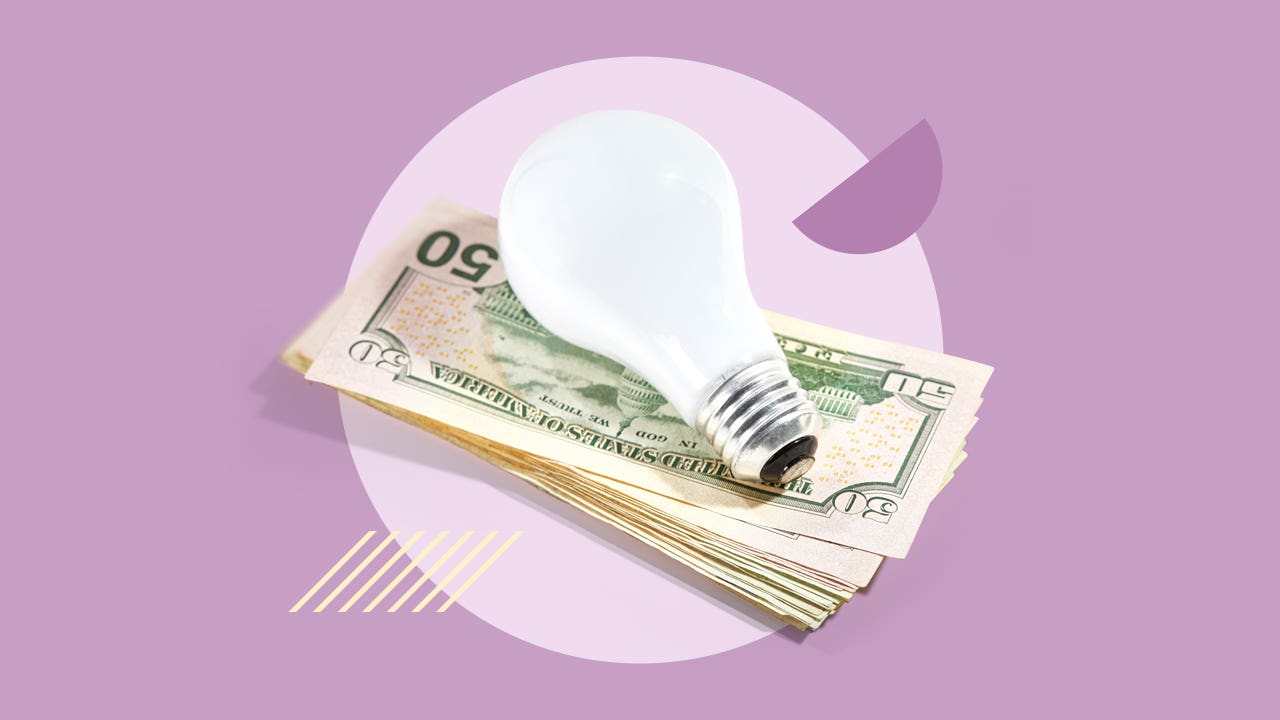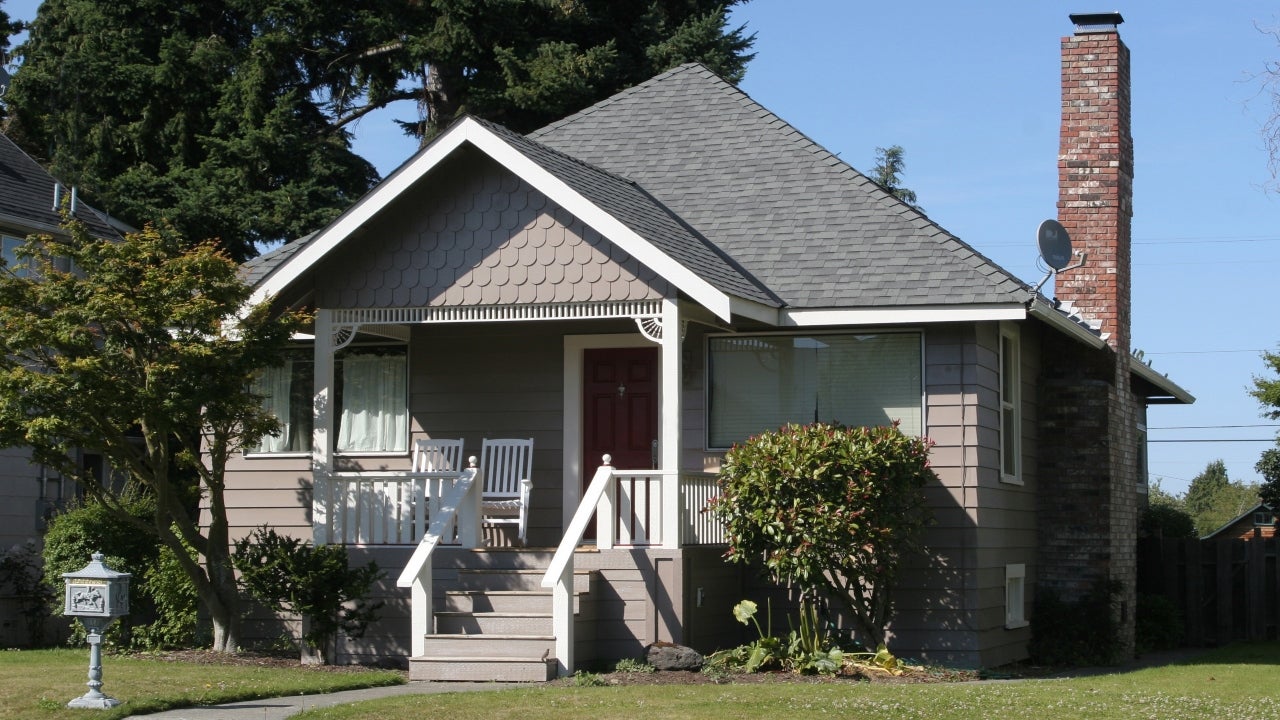Average cost of utility bills




Key takeaways
- The average American household pays $6,888 in utility bills per year, including for cell phone and internet services, electricity, gas and water.
- The most expensive utility is cell phone service, at $1,844 per year, followed by electricity at $1,644 per year.
- Typical utility costs include electricity, gas and/or heating oil, water and/or sewer, cable, cell phone, internet and streaming services, and sometimes trash and recycling.
While inflation has cooled since a high of 9 percent in 2022, utility bills still represent a significant expense for many Americans. Below are statistics and information on utility costs, as well as tips to save on bills.
Utility bill data and statistics
| Utility | Annual cost (Average) | Monthly cost (Average) |
|---|---|---|
| *Median Sources: American Gas Association, Bluefield Research, Consumer Reports, doxo, J.D. Power, U.S. Energy Information Administration |
||
| Cell phone | $1,884 | $157 |
| Electricity | $1,644 | $137 |
| Cable and internet | $1,416 | $118 |
| Internet only | $900* | $75* |
| Gas | $756 | $63 |
| Streaming services | $648 | $54 |
| Water | $540 | $45 |
| State | Monthly cost (Average) |
|---|---|
| Source: Angi | |
| Hawaii | $402 |
| New Hampshire | $373 |
| Connecticut | $371 |
| California | $349 |
| Alaska | $347 |
| State | Monthly cost (Average) |
|---|---|
| Source: Angi | |
| Utah | $205 |
| Idaho | $220 |
| Montana | $228 |
| New Mexico | $228 |
| Nebraska | $232 |
How to estimate utility costs
To estimate utility costs for a specific home, consider its size, location, the number of people in the household and the types of energy sources available. The home’s age and efficiency, including its appliances and heating and cooling systems, also play a role.
If you’re moving house, the home’s seller or your real estate agent might be able to share what was historically spent on utilities. The local utility companies should also be able to provide the latest rates and fees.
If you’d like a more thorough look at the home’s efficiency, you can pay for a HERS (Home Energy Rating System) assessment. This can help you better predict your costs, as well as learn about more energy-efficient upgrades.
When buying a home, consider not just the current cost of utilities, but how this expense might increase in the future. Utility costs tend to rise over time, and for myriad reasons: moving to a larger home or more expensive location, climate change, geopolitical factors, inflation and the cost of infrastructure upgrades, to name a few.”
Hotter temperatures in the U.S. in summer 2023, for example, gave way to higher utility bills as Americans consumed more energy cooling their homes.
- Seventy-two percent of Americans paid higher than usual electricity bills in summer 2023, with 53 percent reporting these bills put a strain on their budget.
- Gen X Americans (29 percent) felt the budget pressure the most, followed by millennials (23 percent).
- Fifty-seven percent of Americans believe climate, extreme weather and the environment will negatively impact their personal finances in the next 10 years, while 32 percent reported higher energy costs in the past 10 years due to extreme weather specifically.
Tips to save on utility bills
There are a number of steps you can take to reduce energy usage and utility bills:
- Turn off and unplug – Standby power accounts for 5 percent to 10 percent of residential energy usage, according to the U.S. Department of Energy (DOE). The DOE estimates turning off appliances regularly could save you up to $100 per year.
- Install ceiling fans – Ceiling fans circulate air, which has a cooling effect. This could help stave off needing to turn on a more expensive air conditioning unit or central air.
- Upgrade to more efficient appliances – Energy Star products meet government efficiency standards, sometimes even exceeding them (Energy Star refrigerators, for example, are 9 percent more efficient than the minimum required). Automated fixtures like smart faucets and thermostats can also help reduce excess energy consumption.
- Use smart meters – Smart meters are devices attached to appliances that track their energy usage, sending readings directly to the utility provider. If the smart meter shows a spike in usage, you can take steps like using less power or water to reduce consumption.
- Install solar panels – The cost to install solar panels or an entire solar roof isn’t cheap, but the expense tends to pay off in the long run. You can estimate your potential savings with this calculator from Project Sunroof.
Utility bills FAQ
You may also like

Cost of selling a house in Arizona

Average closing costs on a house in 2024

Average down payment on a house


